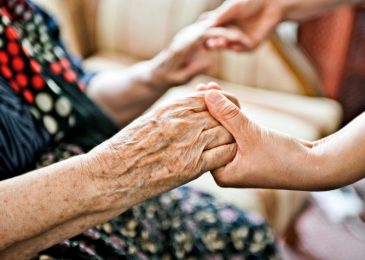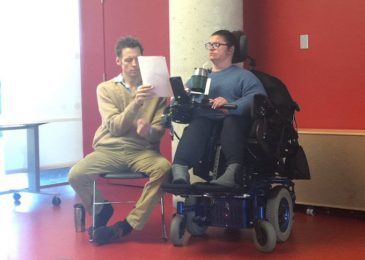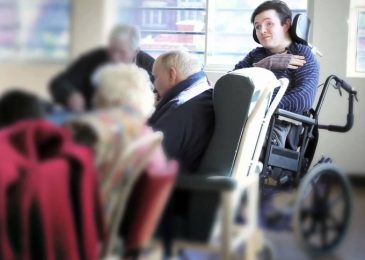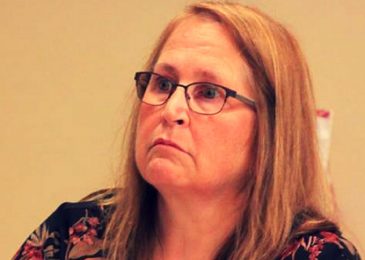Media release: Ontario tragic nursing home deaths could happen here
Media release: The ACE (Advocates for the Care of the Elderly) Team is very concerned that the eight tragic killings of nursing home residents by Elizabeth Wettlaufer could be repeated outside of Ontario, including Nova Scotia.









